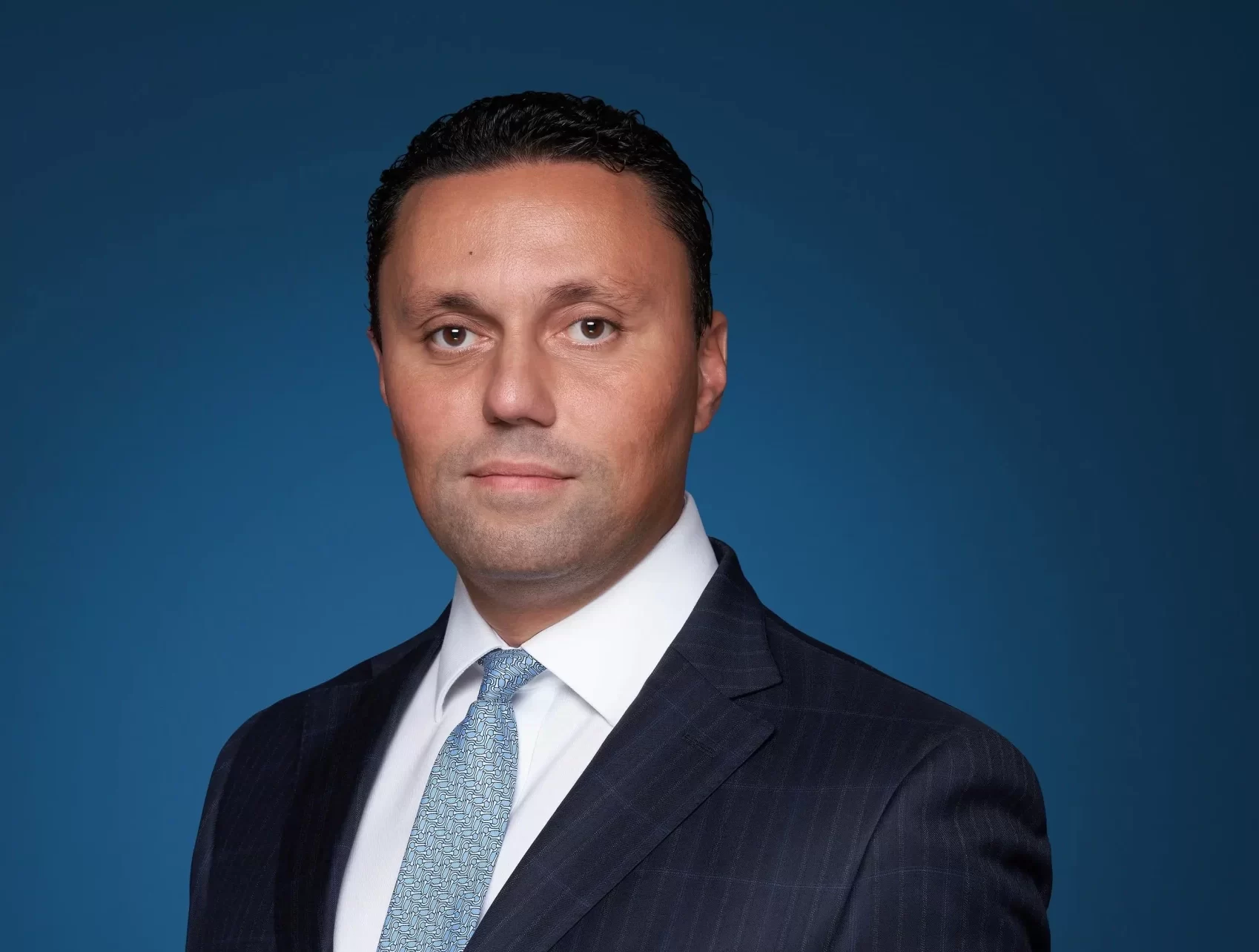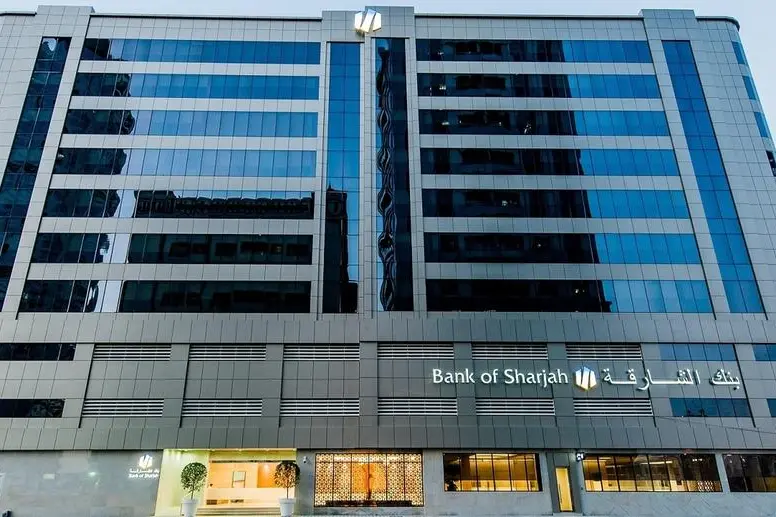Australians living longer and in better health, but it comes at a cost
The Federal Government’s Intergenerational Report flags changes to employment and taxation as the number of older Australians is set to double
Australians are set to live longer and be in better health into their later years, but that means future generations will need to shoulder a bigger tax burden to pay for it.
Those are some of the major findings of the government’s much-anticipated Intergenerational Report, to be released on Thursday by Treasurer Jim Chalmers.
The report, the fifth of its kind produced over the past 20 years, makes key social and economic forecasts about the next four decades – and what needs to be done to sustain those changes.
It will show life expectancy is set to rise to 87 years for men and 89.5 years for women by 2062-63.
The proportion of the population aged over 65 is forecast to double, while the number of people over 85 is set to triple, which the report concedes is “an ongoing economic and fiscal challenge”.
The economic consequences of those changes will be significant, with health spending expected to increase sharply, Dr Chalmers said.
Four other main expenditure areas of the Commonwealth budget, being aged care, the National Disability Insurance Scheme, interest on debt, and defence – will leap from one-third of total government spend to one half.
In particular, the so-called ‘care economy’ will almost double from eight per cent of GDP to about 15 per cent in 2062-63.
“Whether it’s health care, aged care, disabilities or early childhood education – we’ll need more well-trained workers to meet the growing demand for quality care over the next 40 years,” Dr Chalmers said.
“The care sector is where the lion’s share of opportunities in our economy will be created.”
Productivity, which has slumped for several tears now, is expected to remain flat and the report has revised down growth “from its 30-year average of around 1.5% to the recent 20-year average of around 1.2%”.
“Placing more weight on recent history better reflects headwinds to productivity growth, such as continued structural change towards service industries, the costs of climate change, and diminishing returns from past reforms,” it reads.
“This downgrade is consistent with forecasts in other advanced economies.”
Australia’s population in 40 years’ time is projected to hit 40 million, although the rate of growth will slow. The economy will rely more greatly on migration to meet skills shortages.
Dr Chalmers said the Intergenerational Report is a warning of the need to ensure the coming changes “work for us and not against us”.
“We’ve shown and demonstrated a willingness and an ability to make difficult decisions to put the budget on a more sustainable footing,” he said.
The report’s findings will spark renewed debate about the need for broad-based tax reform, forecasting a growing reliance on income tax as other revenue – like company tax and the GST – plateaus in the next decade.
One section of the report reads: “Structural changes to the economy are projected to put pressure on the revenue base over the coming decades.”
But rather than raising the GST, Dr Chalmers has flagged tax reform targeting multinationals, the petroleum resource rent tax, high-balance superannuation and cigarettes as possible areas of focus.
Ahead of the report’s release, the Business Council of Australia this week unveiled its national plan to grow productivity and increase competitiveness via a package of reforms.
“If we want sustained wages growth and to maintain full employment, the nation needs a reinvigorated economic growth agenda driven by large-scale investment, higher productivity and greater innovation,’’ the group’s president Tim Reed said.
“Our [plan] outlines how to deliver that agenda – putting forward the big ideas to dramatically alter Australia’s economic trajectory to deliver higher living standards.’’
Among its proposed policies are calls for microeconomic reform, a 10-year net zero roadmap and an overhaul of taxation.
Chris Dixon, a partner who led the charge, says he has a ‘very long-term horizon’
Americans now think they need at least $1.25 million for retirement, a 20% increase from a year ago, according to a survey by Northwestern Mutual
Highlighting a significant recovery and robust growth across all key performance metrics.
Bank of Sharjah has released its results for the period ending 30 June 2024, showcasing robust performance and strong momentum since the beginning of the year. The Bank reported a net profit of AED 171 million, a significant turnaround from the AED 144 million loss in the same period last year.
This remarkable improvement is attributed to a substantial increase in net interest income, stringent credit underwriting, and reduced operating costs, marking a 233% increase over the previous year when excluding the one-time impairment charge from de-linking its Lebanese subsidiary.
The Bank’s exceptional financial results highlight the effectiveness of its strategic focus on sustainable growth, with notable improvements across all major performance metrics. Funded and unfunded income both saw increases, with net interest income rising by 108% and operating income growing by 34%.

Additionally, the cost-to-income ratio improved significantly to 40.1% due to cost discipline measures. The balance sheet remains strong with a loans-to-deposits ratio of 86.63%, indicating comfortable liquidity. The Bank also maintains strong capitalization, with a regulatory capital adequacy ratio exceeding 15% and Tier 1 and CET1 capital ratios around 14%. These positive results underscore the Bank’s underlying strength, operational efficiency, prudent risk management, and ongoing enhancement of shareholder value.
Commenting on the Bank’s results, Sheikh Mohammed bin Saud Al Qasimi, Chairman of Bank of Sharjah, stated: “We are pleased with our outstanding performance in the first half of 2024, which reflects our commitment to adding value to our customers, supporting our communities, and rewarding our shareholders. Despite the challenging geopolitical situation in the region, the UAE economy has remained resilient and continues to register healthy growth following various economic diversification initiatives that provide consistent impetus for trade, investment, and wealth creation. Bank of Sharjah has entered a new chapter with a new leadership team, focused on building new business streams, expanding our reach across the UAE and the region, and delivering exceptional service to our customers.”
He added: “Our performance in the first half of the year demonstrates the effectiveness of our new strategy, and we look forward to delivering continued growth in the years to come.”

The CEO, Mr. Mohamed Khadiri, commented “2024 has begun exceptionally well for Bank of Sharjah, with the bank achieving a record year-on-year profit. I am delighted with our stellar performance as we continue to strengthen the bank’s fundamentals. Our outstanding results reaffirm that our new business strategy is on track to deliver sustainable revenue growth, driven by business expansion, operational efficiency, prudent risk management, and talent development. This achievement is also a testament to the Bank’s success in providing high-quality financial services that meet the aspirations and growing needs of our customers.”
He further added: “Bank of Sharjah is a strong and respected brand within the local community. We are leveraging our core strengths to build a platform that will operate at its full potential across the UAE and the region. The Bank remains focused on executing our strategy and is well-positioned to maintain strong performance throughout 2024 and beyond.”
Chris Dixon, a partner who led the charge, says he has a ‘very long-term horizon’
Americans now think they need at least $1.25 million for retirement, a 20% increase from a year ago, according to a survey by Northwestern Mutual

















